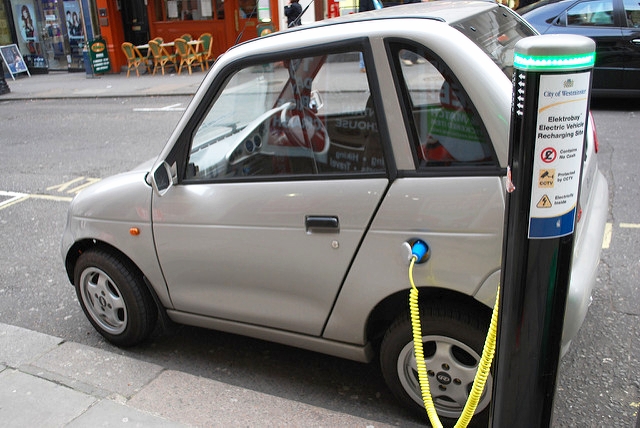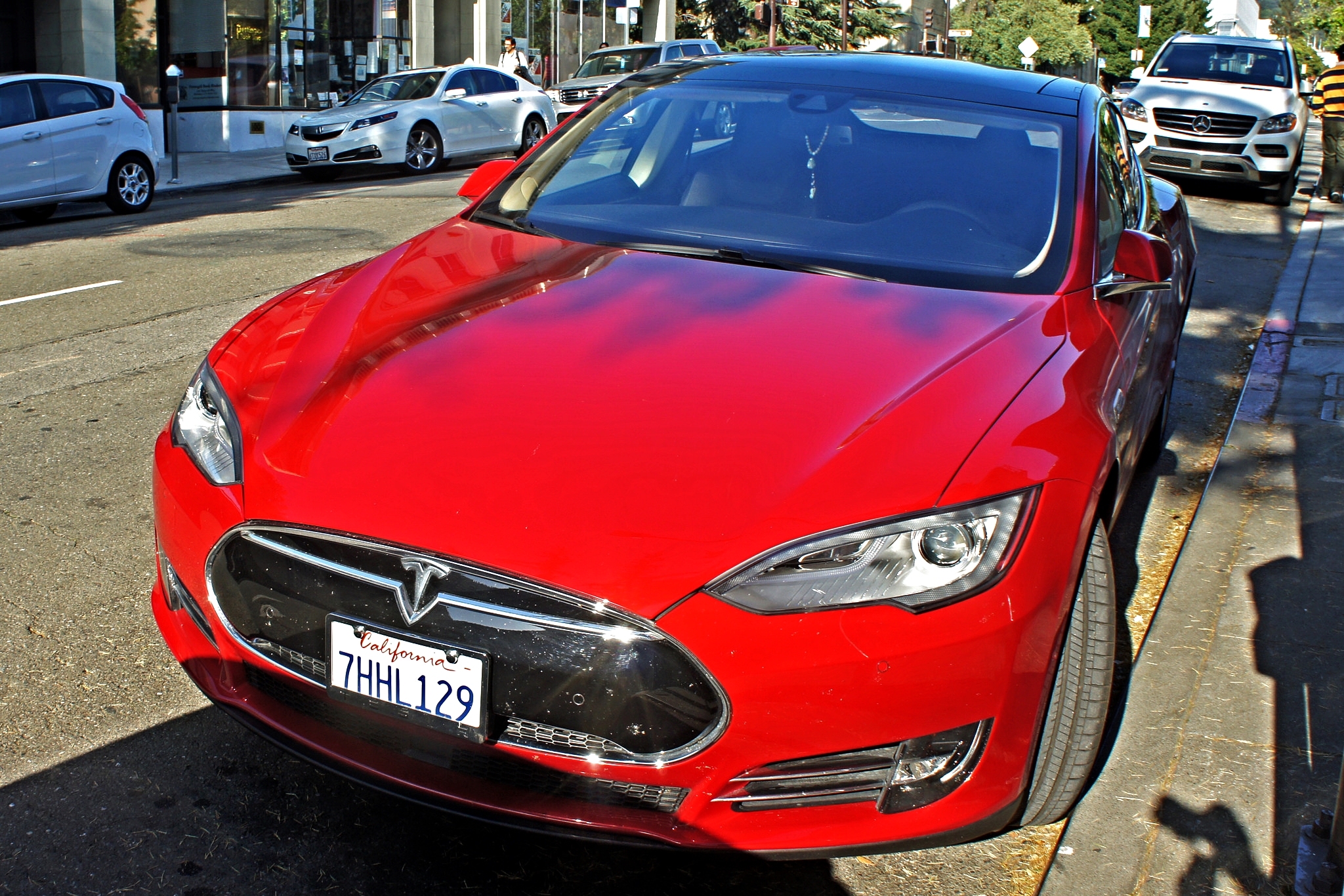Elon Musk is certainly not afraid of the spotlight. The business mogul has wowed the nation in the past by taking on ambitious projects such as launching the first recycled rocket, planning to colonize Mars, and attempting to design the safest vehicle that also happens to be electric and affordable to the common citizen.
As reported by Forbes, the serial entrepreneur has raised eyebrows once again by taking to Twitter last week, to announce that he had received verbal government approval to build a hyperloop below ground, that would connect New York City, Philadelphia, Baltimore, and Washington, D.C. In the tweet, Musk wrote that the hyperloop will deliver cars between New York and Washington, D.C. in 29 minutes.
The hyperloop is planned to be built by The Boring Company, a Los Angeles based infrastructure and tunneling company, founded by none other than Musk himself. Musk started the company back in 2016 after he began juggling with the idea of building tunnels for travel. The concept, as of now, entails elevators, which look like parking spaces located on the side of roads, that are actually platforms that can carry a vehicle below ground, to the hyperloop rail. These platforms would then deliver the car and its passengers at very high speeds of around 150 mph through the tunnel. In another tweet Musk wrote that each city would have about a dozen platforms built alongside commercial roads.
The sub-ground hyper rail concept originally stems from Musk’s earlier 2012 vision, of an above ground tube train that he believed would be the future of travel. Musk initially envisioned above ground tubes delivering individuals housed in pods, at speeds close to 700 mph. Hyperloop One, a company also based in Los Angeles, adopted Musk's old idea and has been working to make his vision a reality. The company is looking to commercialize the hyperloop system and allow individuals to travel at the super-speeds for a fraction of the cost.
Musk’s current vision meanwhile, is focused on below ground travel, transporting people in their own vehicles through underground tunnels, at very high speeds. Musk explains that one of the main reasons this large project is necessary, is to alleviate traffic congestion in large cities. In response to a tweet asking if he is considering adding underground hyperloops in other cities as well, Musk confirms that he is evaluating loops connecting Los Angeles and San Francisco, and a loop for Texas.
There are still more questions about the project than answers. Musk did not specify who gave the verbal approval, however, he did say official approval will be given soon. It has also not been specified how the project will be funded either, which is a quite a looming question given the high cost of tunneling. For example, the Second Avenue Subway built along the East Side of Manhattan cost $4.5 billion to construct just three more stops.
It can't be ignored however, that an underground hyperloop would be an extraordinary innovation in the world of travel. Traffic congestion is an everyday issue that causes delays, and poses potential road rage car crash and pedestrian accident risks. This project would revolutionize how people travel by offering a much faster means of transportation while also greatly reducing traffic in large cities. There are still many questions about the project that Musk will hopefully answer, or tweet about, in the near future.
Only time will tell if Elon Musk is successful in constructing an underground hyperloop. The underground hyper rail would allow for exceptionally faster transportation between cities, while alleviating traffic congestion. In the meantime however, traffic congestion is still a major problem that can cause stress for drivers and may even lead to road rage car accidents. If you have been involved in an accident caused by a reckless driver or a road rage driver, call The Michigan Law Firm, PLLC for a free consultation.









